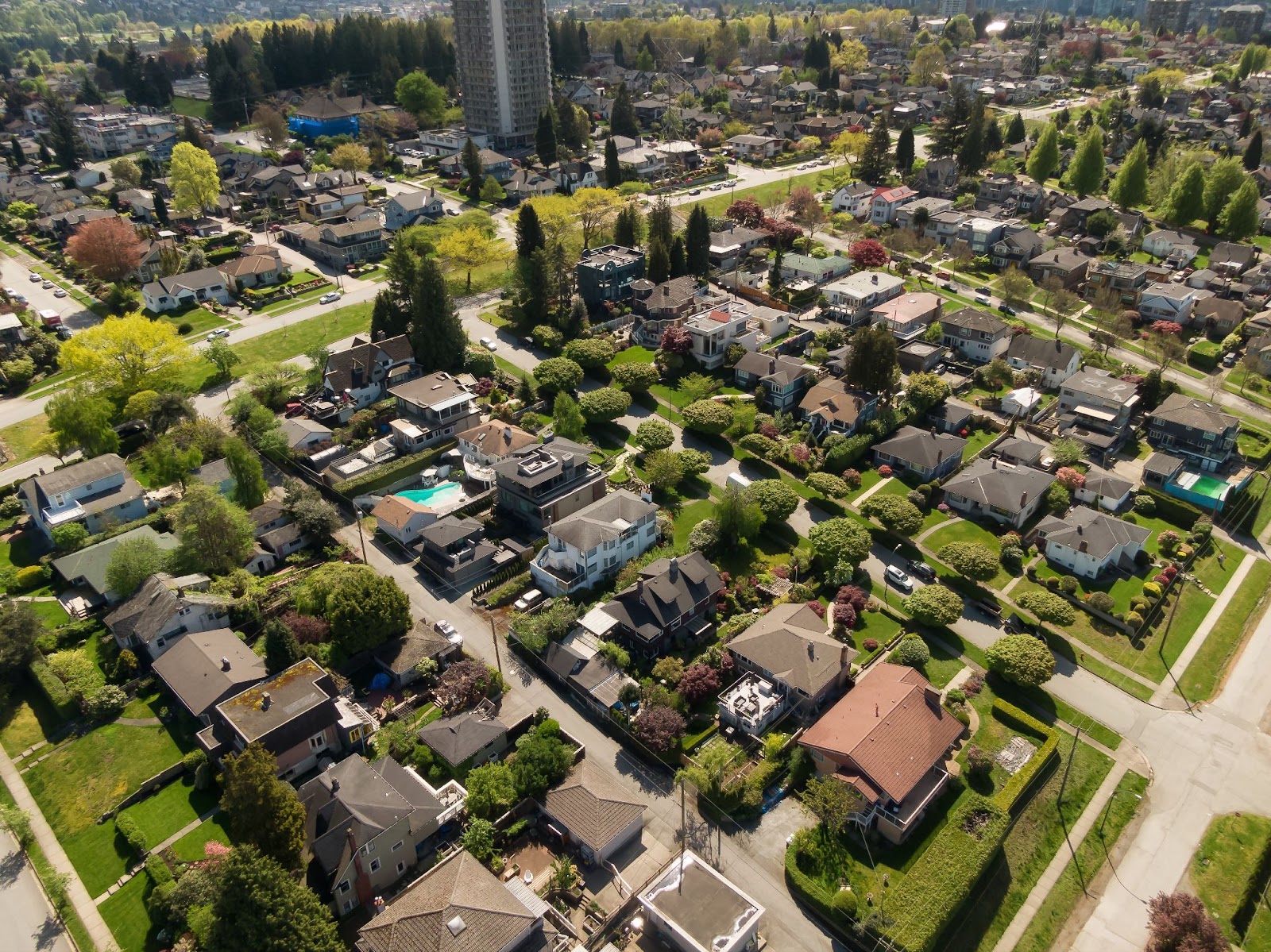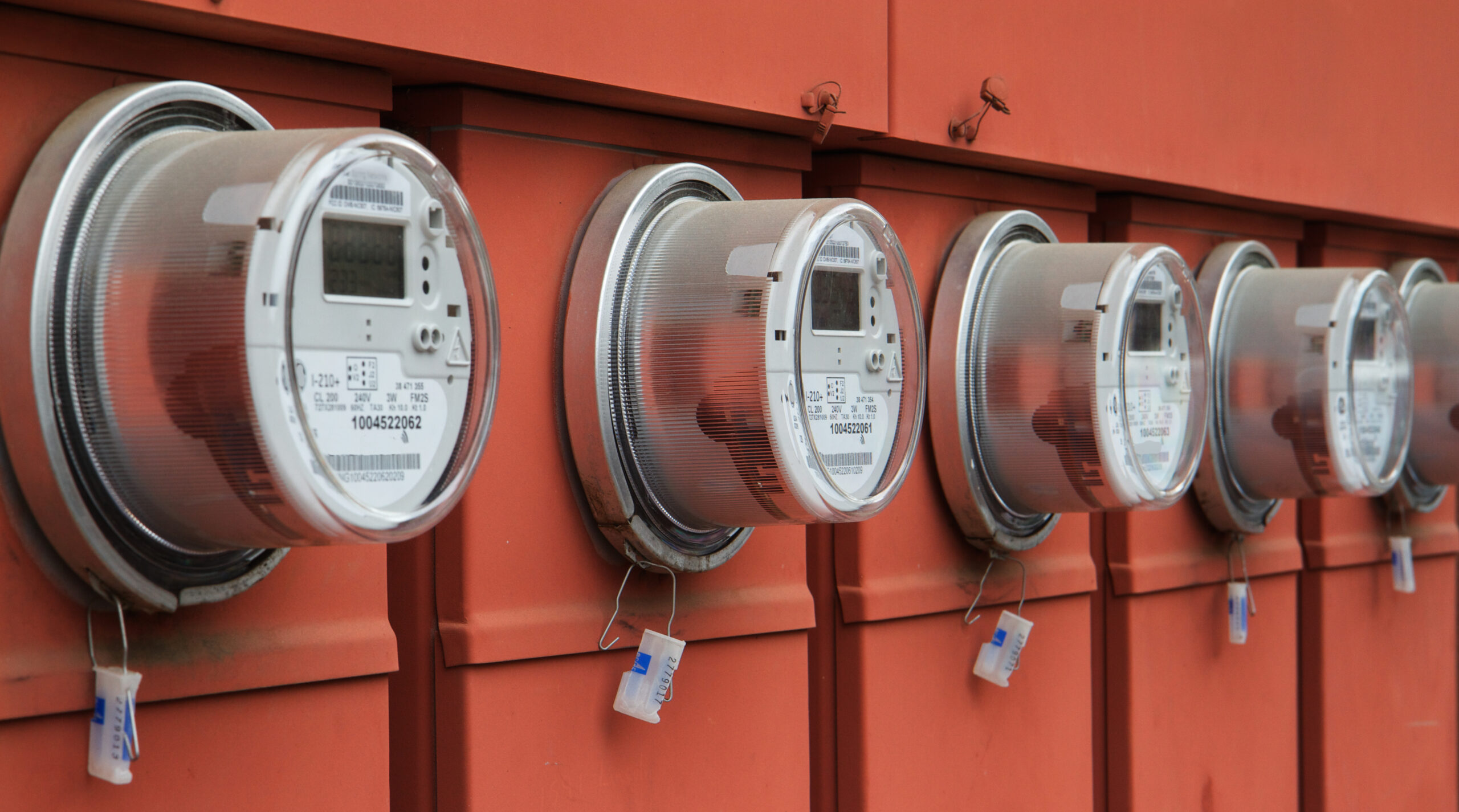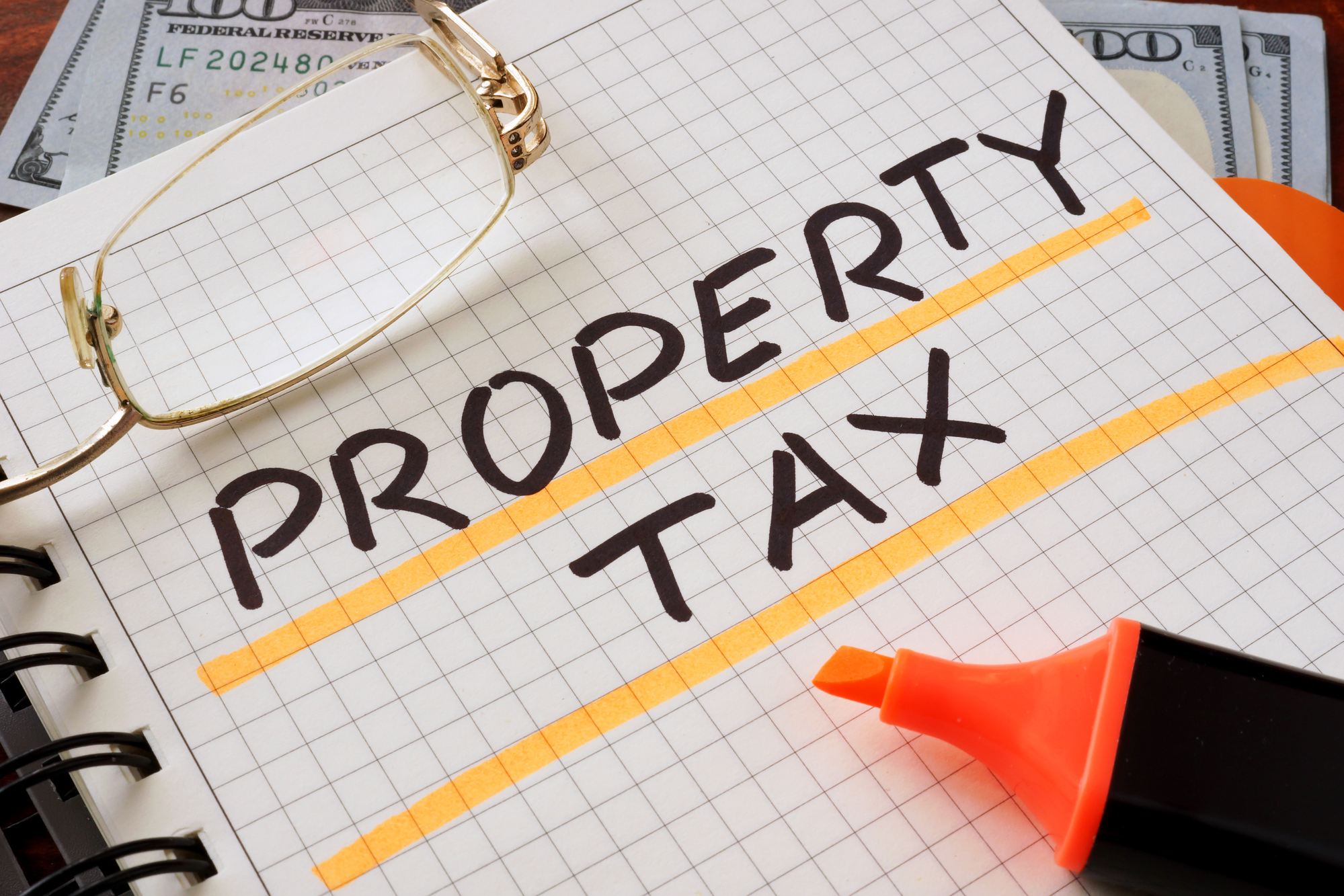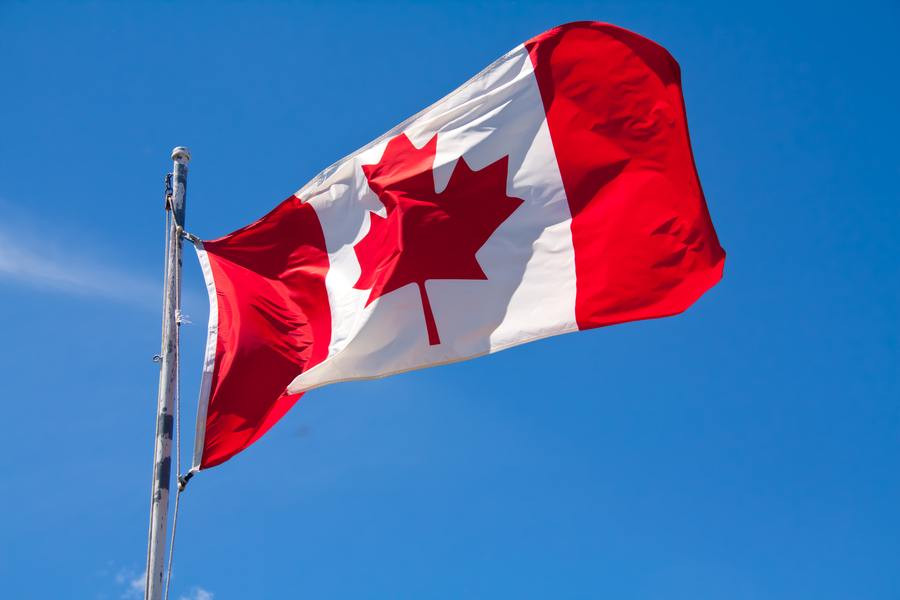One of the facts of life for basically anyone living in Canada is taxes. And, when it comes to homeownership, the taxes can get particularly heavy. While we may dream of not having to pay them, the fact is that our taxes benefit us a lot. If you have a house that is connected to the road, to municipal utilities or is on a street with street lights, waste collection or any of the other many services that municipalities offer to their residents, you have your property taxes to thank.
The thing about property taxes is they can vary a lot between municipalities and even between properties in each area. If you own a house or are looking to buy, it’s important to know what your property tax payments will be and how they are calculated.
In this article, we are going to look at how property tax compares across Ontario and find out who pays the most and the least.
How your property tax rate determined
Your property tax rate is set by your municipality and is based on the amount of money your municipality needs to bring in in order to keep the city’s services running. Usually, your property tax amount is determined by multiplying your property’s assessed value by the municipal property tax rate. The Municipal Property Assessment Corporation is responsible for determining home values and reporting them to municipalities across Ontario.
Due to the link between your home’s value and property tax income, property tax rates often have an inverse relationship to the real estate prices in the area. The basic idea is that, though homes may be more expensive, they don’t necessarily cost much more for the city to service. Though the city needs to cover their expenses, they aren’t really out to turn huge profits. As a result, in areas with very expensive homes or areas with many homes, municipalities are able to keep property tax rates low, whereas areas with cheaper homes also tend to have higher tax rates.
There is also the fact that areas with more houses can develop systems to more efficiently serve these homes, thus reducing their average costs somewhat. Finally, there are more rural areas where the municipality provides fewer services to their property owners and this will be reflected in property tax rates as well.
Finally, there is a provincial education tax levy (0.153%) applied to all areas across the province, the funds of which go towards funding local education systems. This additional part of the rate is consistent across the province.
There can also be different tax rates within a city based on the type of home being taxed. For example, a single-family home may have a different rate than a multiplex or apartment complex.
If you want to learn more about how your property tax breaks down, look up an online property tax calculator.

Commercial vs. residential tax rates
It’s also worth noting that all property owners pay property taxes and that it is not limited to residential property owners. Commercial property owners will pay property taxes, albeit at different property tax rates than residential owners and the rate will also vary based on the commercial use. In most areas, commercial tax rates will be higher than residential tax rates, often by a large margin. There are a few reasons for this difference. For one, commercial property owners tend to be deriving more income from their properties, so they can afford higher carrying costs. In addition, they may demand more from the city’s services such as increased water and electricity usage, more waste disposal, as well as potential environmental concerns such as industrial pollution.
Along with that, there are probably fewer commercial properties than there are residential ones. The city may also choose to raise or lower commercial property tax rates to promote or discourage certain businesses in their area. Usually, a change in residential rates will cause a proportional and opposite change in residential rates, and vice versa, as the municipality will need to make up any tax losses somewhere else.
Who pays the highest and lowest property taxes?
As was mentioned before, large cities and areas with higher property values tend to pay the lowest property tax rates. In Ontario, in terms of strict rates, the cities with the lowest rates include Toronto with a rate of just 0.611013% in 2021. The next lowest property tax rate is found in Markham (0.632908%) followed by Richmond Hill (0.659549%), Vaughan (0.0066997%) and Milton (0.681981%). This list also happens to line up nearly directly with the areas displaying the most expensive home values.
So who pays the highest property tax rates? The highest property tax rate of all Ontario cities is found in Windsor with (1.818668%), followed by Thunder Bay (1.591080%), Sault Ste Marie (1.588067%), North Bay (1.568182%), and Sudbury (1.546783%). Again, the cities with the highest tax rates also reflect some of the lowest valued homes in terms of assessed value.
However, the situation can change when you consider the fact that the rate is only half of the story. For example, though the tax rate is over 1% higher in Windsor than in Toronto, the average home cost is also much lower. Based on a current average home cost of about $550,000, a Windsor resident living in that home can expect to pay about $9,900 in property tax a year. With the Toronto average home price of around $1.24 million, a resident in this home would pay about $7,400 in taxes yearly. Still, less than the amount paid in Windsor, but for an average home the difference is less than the almost 3x increase in property tax would imply. At the same time, though the owner of an average home in Windsor may have a lower income than the owner of a $1.2 million home in Toronto, there is also a cheaper cost of living in Windsor when compared to Toronto.
Overall, the point is that though property tax rates vary across the province, there are many other factors that will go into the affordability of given areas. With that in mind, though property taxes are important to understand, they should not be the sole factor in determining where you want to purchase and should not be too much a deal-breaker in your home purchase.
Corben joined CREW as a relative newcomer to the field of real estate and has since immersed himself and learned from the experts about everything there is to know on the topic. As a writer with CREW, Corben produces informative guides that answer the questions you need to know and reports on real estate and investment news developments across Canada. Corben lives in Guelph, Ontario with his partner and their two cats. Outside of work, he loves to cook, play music, and work on all kinds of creative projects. You can contact Corben at corben@crewmedia.ca or find him on Linkedin at https://www.linkedin.com/in/corbengrant/.









